Health inequalities have impacted people across the UK for many years, but the conversation around health inequalities has grown louder over the last year, as the impact of coronavirus hit some groups of people harder than others.
One of the core principles in the Constitution of the World Health Organization is that good health is a basic human right. This principle also featured in the United Nations’ Universal Declaration of Human Rights (Article 25) in 1948, which states ‘Everyone has the right to a standard of living adequate for the health and wellbeing of himself and of his family, including food, clothing, housing and medical, and the necessary social service’.
However, despite the declaration, health inequalities continue to affect many people in today’s society.
What are health inequalities?
NHS England defines health inequalities as ‘unfair and avoidable differences in health across the population, and between different groups within society’. These inequalities arise due to the conditions in which people are born, grow, live, work and age, and influence opportunities for good health, and how people think, feel and act, which shapes mental health, physical health and wellbeing.
Health inequalities can manifest in a number of ways – life expectancy, avoidable mortality, long-term health conditions, and the prevalence of mental ill-health.
What causes health inequalities?
There are multiple factors which influence health and wellbeing, including, but not limited to, social factors, cultural factors, political factors, economic factors, commercial factors, and environmental factors. These factors don’t operate in isolation, more they are interwoven in a reinforcing way into the fabric of some people’s lives.
Disparities in access to education, employment status and income level all contribute to health inequalities, especially as research has shown a link between income and good or poor health levels. As outlined by The Health Foundation, people in the bottom 40% of income distribution in the UK are almost twice as likely to report poor health than those in the top 20%. Poor health is particularly prevalent amongst people who are in persistent poverty – those who do not have access to basic goods or services such as being able to heat the home or the availability of healthy food.
Poor health and lower income are two circumstances which cause further negative outcomes when displayed in tandem – lower income is associated with higher stress levels which can harm both mental and physical health, therefore limiting the opportunity for good and stable employment which affects income.
One cause of low income and insecure employment may be the lack of access to quality education in childhood and continued lifelong learning throughout adulthood. The Office for National Statistics found that people who have a lower life expectancy are three times more likely to have no qualifications compared to people with the highest life expectancies.
Being socially connected to friends, family and communities also impacts health. Those with healthy connections are more likely to live longer and healthier lives, and will experience less physical and mental health problems than those without social ties. The impact of loneliness on mental health is a topic which has long been discussed, but the impact of loneliness on physical health has also been reinforced by research. It has been found that social isolation and loneliness are associated with a 30% increased risk of heart disease and stroke.
Housing and the surroundings in which people live can also have an affect on health inequalities. These are two factors which have an impact on people in childhood, therefore paving the path for the rest of their lives. Being close to green space and places to play enables the opportunity to be physically active and socially connected, yet children in deprived areas are nine times less likely to have access to these. Having a warm, comfortable and stable home also encourages children to flourish, yet children who live in cold homes are more than twice as likely to suffer respiratory problems than children living in warm homes.
The impact of health inequalities in the UK
With health inequalities across the UK impacting the physical and mental health of many people, it is no surprise that these then feed into the wider issue of the disparity in life expectancy across the country.
By analysing data sets outlined by the Office for National Statistics, The Health Foundation mapped average incomes against average male healthy life expectancy at birth in areas in England. None of the areas in the north of England surpassed the above average net annual income after housing costs for the country, and the starkest observation of all is the contrast between the area with the lowest life expectancy and the area with the highest annual income. Manchester had the lowest life expectancy of 55.75 years and the third lowest average income of £19,833.05, compared to the City of London which had the second highest life expectancy of 70.85 and the highest annual income of £52,000.
Further research has also uncovered that a baby girl born in Richmond on Thames is expected to live 17.8 more years in good health than a baby girl born in Manchester.
The cases for remedying health inequalities
There are moral, social and economic cases to be made for treating the causes that create health inequalities in the UK.
The moral case relates to the importance of people having what they need to do the things they wish to do, to participate in society, and to live a good quality of life. This is reflected in the United Nations’ Universal Declaration of Human Rights outlined previously, and also by economist and philosopher Amartya Sen who, in the 1980s, made the case that health and wellbeing is a resource for living, and is a matter of social equity and justice.
Socially, good health is important for positive family and community life. If a family member is in good health, they are more able to build foundations that support other family members to thrive and are able to provide emotional support, and can create strong connections within friends, family and community, thereby reducing the physical and mental health impacts of poor health both within the individual and throughout those connections.
When a person has a job that pays enough to live on, financial security and reduction of stress can positively impact wellbeing and mental and physical health. As well as this, an employee’s health is also beneficial to employers, businesses and the economy more broadly as a healthy working-age population can lead to economic prosperity by being more engaged and productive, and can also enable continued work as they get older rather than poor health causing early retirements.
Learn more about health inequalities
Though access to quality healthcare isn’t the sole solution for health inequalities in the UK, the NHS Long Term Plan aims to reduce these inequalities by taking a more systematic approach to addressing many variables in care provision.
They aim to do this by targeting a higher share of funding towards geographies with higher health inequalities, support local planning and national programmes to reduce inequalities, implement an enhanced continuity of care model in maternity services to improve outcomes for the most vulnerable mothers and babies, increase the number of people receiving physical health checks, do more to ensure healthier, longer lives for people with a learning disability, and much more.
Those working in the NHS and in healthcare provisions have a crucial opportunity to create change, and be part of a better, longer, and healthier future for many people across the country.
To learn more about health inequalities, and to see how you can be part of positive change, our MSc Nursing Studies will equip you for transformational leadership positions in senior nursing, midwifery and healthcare roles.
Study flexibly with our online nursing master’s degree, and continue to work as you fit your learning around your life and career.






